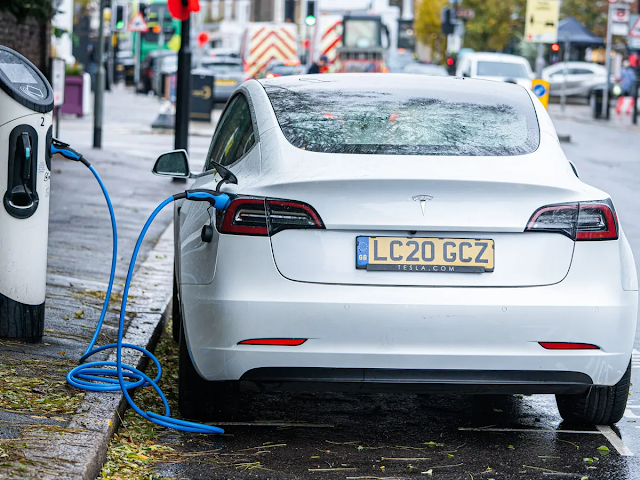Electric cars themselves do not produce tailpipe emissions like traditional gasoline or diesel-powered vehicles do. They do not have a conventional internal combustion engine that burns fossil fuels, so they do not emit pollutants such as carbon dioxide (CO2), nitrogen oxides (NOx), particulate matter, or other harmful substances during operation.
However, it is important to consider the full lifecycle emissions associated with electric cars. While they may not produce emissions during use, the electricity used to charge electric cars can come from power plants that burn fossil fuels, such as coal or natural gas, resulting in emissions at the power generation stage. The amount of emissions generated during the electricity production phase depends on the energy mix of the grid supplying the power.
In regions where renewable energy sources like wind, solar, and hydroelectric power are predominant, the emissions associated with electric cars can be significantly lower compared to conventional vehicles. On the other hand, in areas heavily reliant on fossil fuel-based electricity generation, the overall emissions from electric cars may be higher, although they are often still lower than those of internal combustion engine vehicles.
It's also worth noting that the production of electric cars involves the extraction of raw materials, manufacturing processes, and battery production, which can have environmental impacts. However, these impacts can be mitigated through improved manufacturing practices, recycling programs for batteries, and the use of renewable energy in the production process.
Find also: Are Electric Cars Automatic?

Comments
Post a Comment